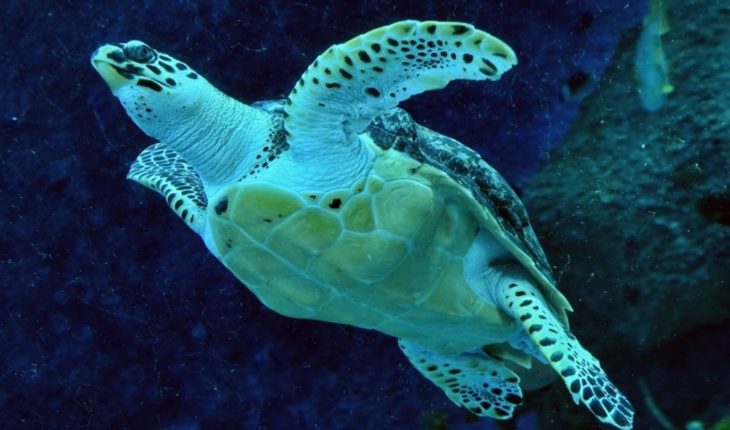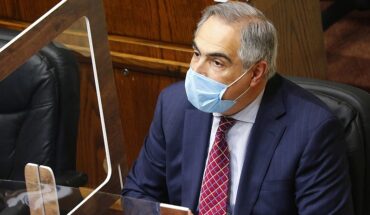More than one million animal and plant species face the specific possibility of extinction, some in the coming decades, because of human activities, as reported in an advance of the broader report on the status of GL ecosystems Obales, carried out by the IPBES (intergovernmental Science-Policy Platform on biodiversity and Ecosystem Services). The report, which brings together and systematizes the findings of more than 15000 scientific studies and government reports, indicates that the greatest impact on ecosystems comes from agriculture and that the loss of species and habitats implies such an important risk to life Like climate change. This is the first major international assessment on biodiversity since 2005.
The pygmy raccoon, one of the many species at risk.
In it, it ensures that about 75% of the soil and 66% of the oceanic areas were altered by human activity, in particular, by the production of food (both agricultural and livestock), which uses 33% of the Earth’s surface and 75% of its s fresh water resources. Moreover, as is known, agricultural activities are among the most greenhouse gases that throw into the atmosphere (around 25%), and the figure will grow to the extent that the population does. In addition to hunting and fishing, the proliferation of invasive species constitutes another major threat to biodiversity: on average, the abundance of native plants, animals and insects fell, in most ecosystems, to around 20%.
The mountain gorilla is in danger due, mostly, to poaching and the loss of its habitat.
And you can’t forget, of course, climate change. Approximately 5% of the species would be at risk of extinction if a temperature increase of just 2 °c was given, and 16% if the average temperature increased by 4.3 ° C. According to Anne Larigauderie, Executive Secretary of IPBES, at a press conference held in Paris on 6 May, biodiversity should be at the top of the global agenda, along with the climate. Thomas Brooks, a scientist at the International Union for Conservation of Nature in Switzerland, said: “We had not so far had a unified statement by the Governments of the world to make the crisis for life on Earth clear, unambiguously. We’re facing. ” The crisis is reversible, the report concludes, but it is necessary, therefore, to design active environmental policies that encourage sustainable food production and the reduction in greenhouse gas emissions. In this note:
Climate change
Global warming





